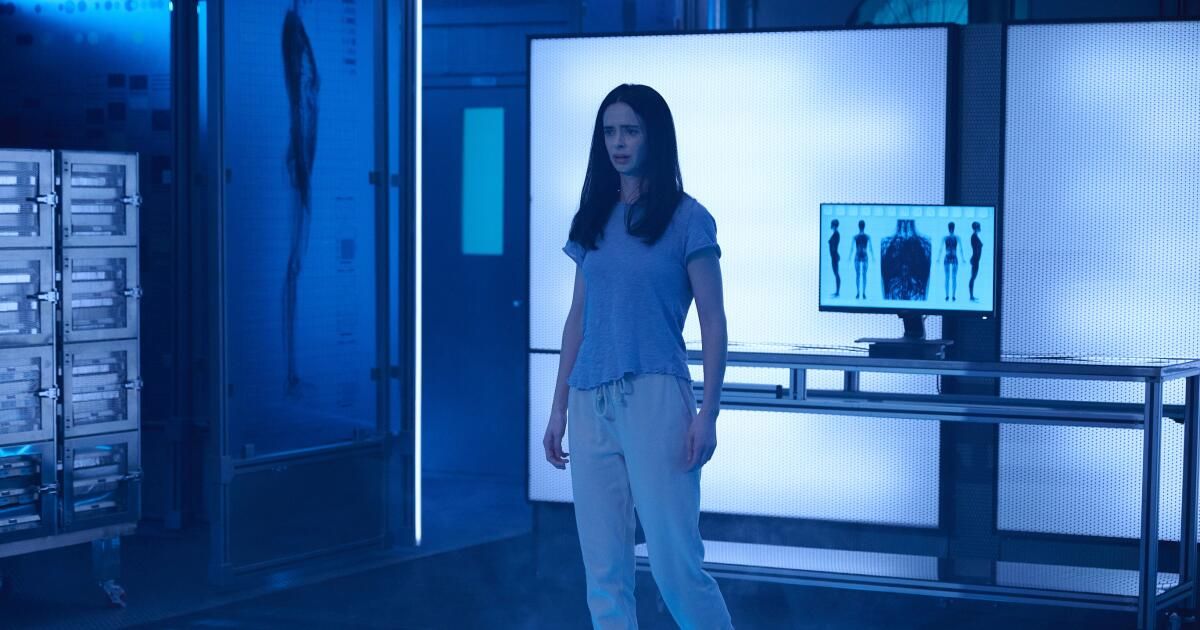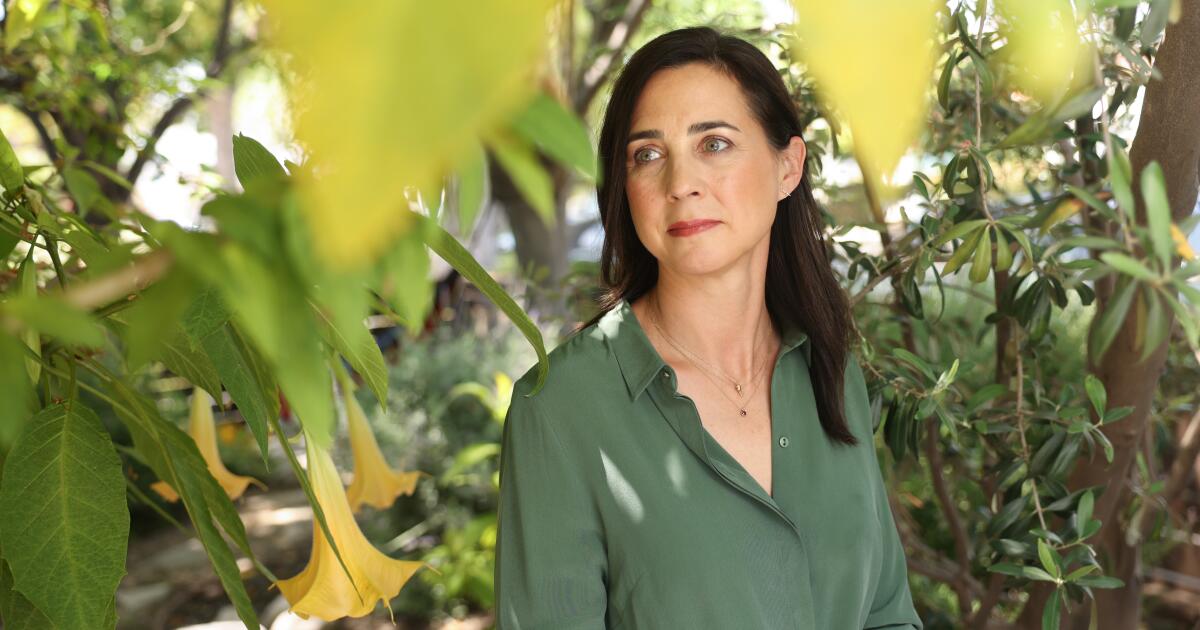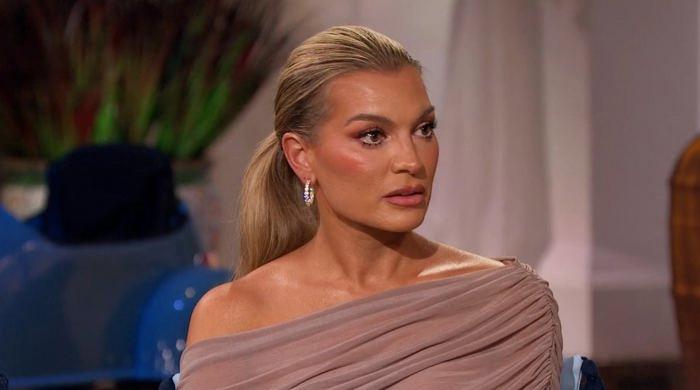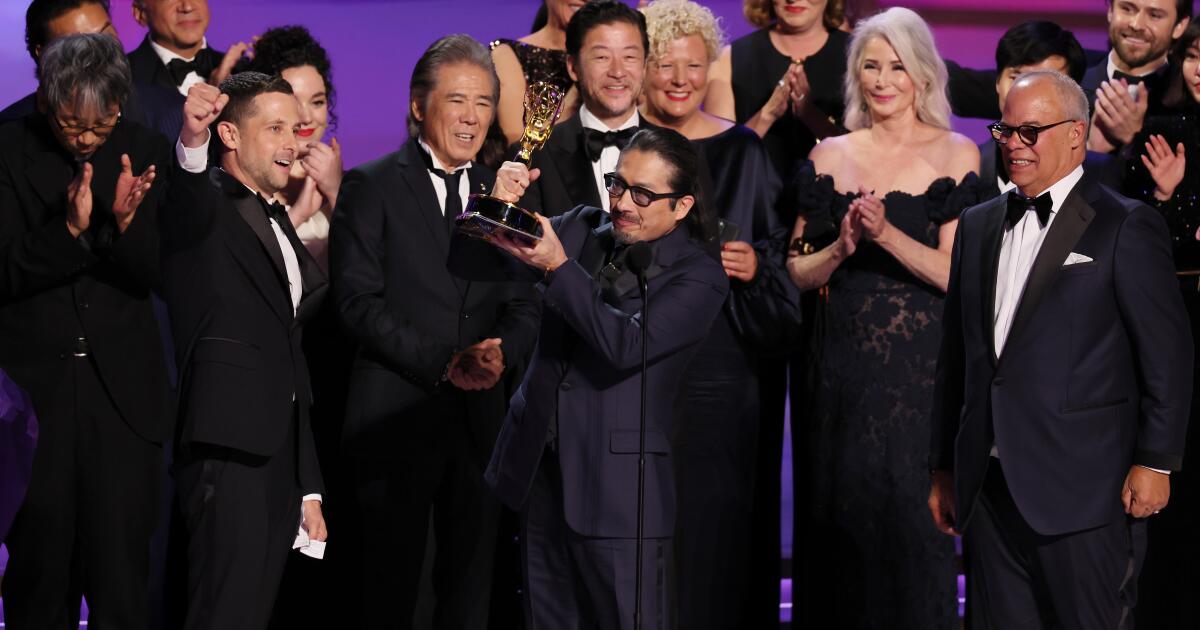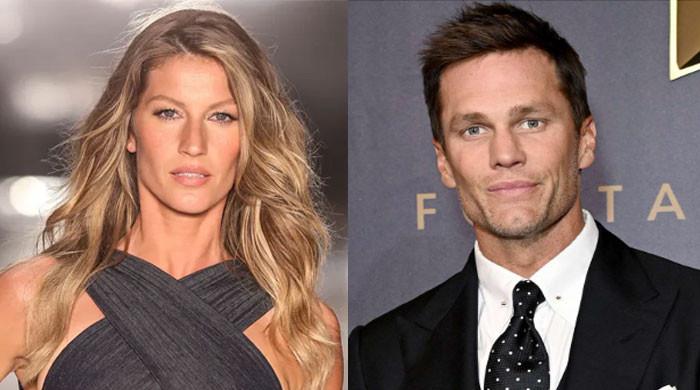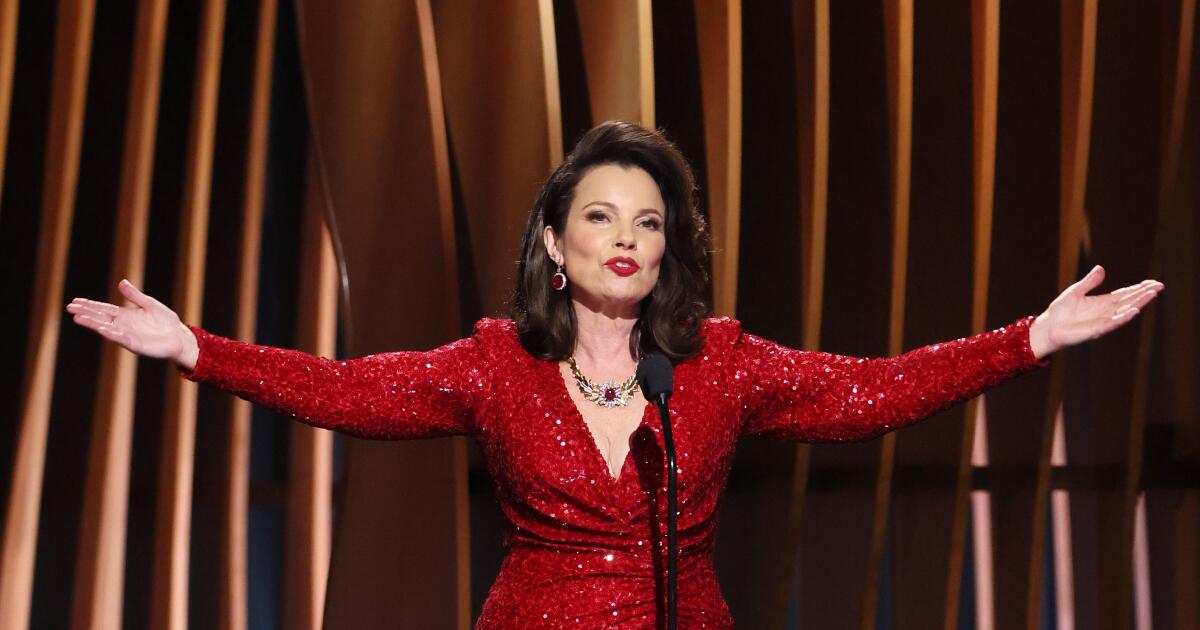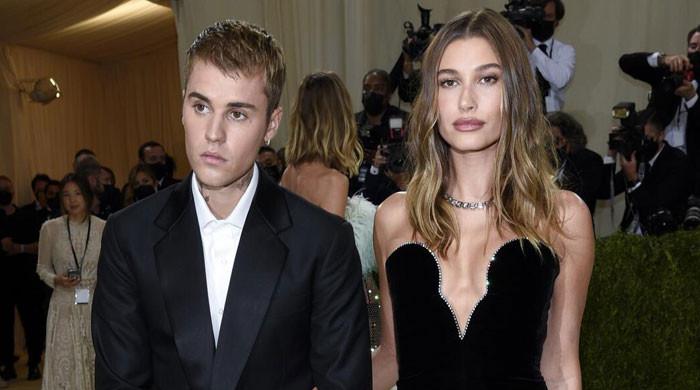This article contains spoilers for the first episode of “Orphan Black: Echoes.”
Sometimes a new television show illuminates the limitless possibilities of this art form. And sometimes it reveals the struggles of that art form.
“Orphan Black: Echoes” is precisely what the title implies: a distant reverb of an original event, which in many ways reflects the state of television right now, struggling to regain its former glory.
This is not to jinx the “Echoes.” If it weren't tied to a masterpiece, it could be seen as a slightly futuristic and perfectly serviceable contemplation of the dangers of life-replicating technology, deeply rooted in “Frankenstein” and the vast “what have I wrought?” kind of scientific regret that arose in its wake.
In the pilot, which aired Sunday on AMC, Lucy (Krysten Ritter) wakes up on a living room couch. She is promptly and gently questioned by a woman in a white coat (Keeley Hawes) who is very interested in the state of Lucy's memory. When it becomes clear that Lucy has no memory of anything at all, things get a little… hectic.
Soon enough, Lucy has escaped from the living room, only to discover that it's just a set in a warehouse filled with all sorts of funky “science” equipment: weird x-rays, slowly spinning fans, and a box full of goo. pink. containing a half-formed human. The scientist appears and kindly informs Lucy that she is the result of cutting-edge technology, a flesh-and-blood “print” of human tissue.
The true identity of the scientist (Keeley Hawes) who greets Lucy in “Orphan Black: Echoes” is revealed at the end of the first episode.
(Sophie Giraud/AMC)
Like any good Frankenstein monster, Lucy runs away and somehow creates a life off the grid, complete with a charming boyfriend (Avan Jogia) and his equally charming deaf daughter (Zariella Langford-Haughton). It's no surprise that a lot of people are looking for Lucy, and while her ever-concerned creator insists that Lucy isn't violent, others aren't so sure.
Instead of pitchfork-wielding villagers, Lucy fights those who want her returned to the lab and/or killed (allowing Ritter to show off her fighting skills as “Jessica Jones”). Trying to find and confront her creator, Lucy sees a younger version of herself, a teenager named Jules (Amanda Fix), and realizes that she is not the only walking and talking copy of her.
It's not until the end of the hour, while calling her Aunt Cosima, that Hawes' scientist is revealed to be none other than Kira, the girl at the center of much of the drama of “Orphan Black.” “To underscore this, the camera pans across Kira's desk and shows photographs of Cosima (Tatiana Maslany), her mother Sarah (also Maslany), Felix (Jordan Gavaris), and Mrs. S (Maria Doyle Kennedy).
The shot is, frankly, a huge mistake and serves as an instant reminder of how much viewers will miss “Orphan Black.” Even though they were both made by AMC and BBC America, “Echoes” cannot be compared to “Orphan Black.” It's not just a different show, it's a very different kind of show, one that takes itself much more seriously than “Orphan Black” ever did.
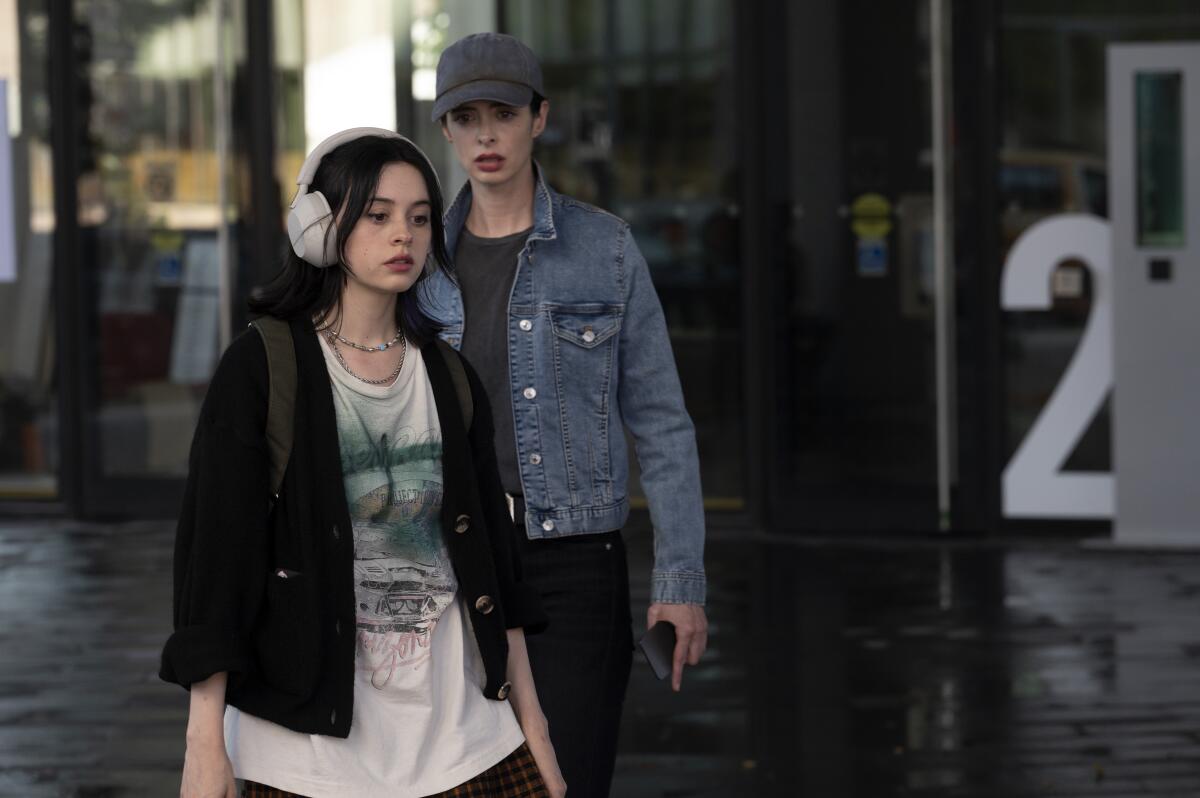
Jules (Amanda Fix) is a younger version of Lucy (Krysten Ritter).
(Sophie Giraud/AMC)
While there's a delicious irony in having the daughter of a clone get into the human replication business, the series isn't interested in playing with it. In fact, he doesn't play much and remains, at least in the first episodes, tremendously serious; even Felix, showing up with a pitiful “look, I'm older!” wig, hat and glasses, he can't provide the whimsy and humor that made him a key player in the original.
Creator Anna Fishko has been clear about her desire to distance “Echoes” from its parent, but her methods of doing so leave the narrative in no man's land, with Kira's identity being more of a distraction than a main event, while everyone misses to Cosima. and all her sestras cloned from her.
More important is anyone's refusal to recognize the absurdity of the situation. Only Jules is allowed to have fun, but even she is confined to teenage angst and rage.
“Orphan Black: Echoes” features Ritter and Hawes, two excellent performers and, as the plot unfolds, a sometimes powerful subplot about how far the pain of loss can take you. But what it does best, unfortunately, is remind the world how truly great and radically underrated “Orphan Black” was, and what a disaster television has become since its debut.
In 2013, Maslany dazzled viewers as an ever-expanding group of disparate, desperate clones trying to figure out how they came to exist and who was trying to kill them.
The show arrived at a time when television had exploded with new platforms and scripted shows that attracted obsessively dedicated audiences. AMC was still caught up in the glory of “Mad Men” and “Breaking Bad”; “Orange Is the New Black” and “The Blacklist” had just premiered and “Downton Abbey” and “Game of Thrones” were moving forward. Netflix jumped right into the game with “House of Cards,” while Prime Video took a test run with “Alpha House.” “Peak TV’s” problems were years away.
Created by Graeme Manson and John Fawcett, “Orphan Black” slipped into the mix as the best kind of sci-fi series. Their reality was not so much reimagined as slightly modified, allowing the narrative to examine current cultural fault lines (between science and religion, rich and poor, the individual and the collective) while posing the basic question that great art always asks. : Who are we really?
The clones became powerful, and often hilarious, proof of how different humans can be while remaining essentially the same. Hyper-controlled soccer mom Alison, former foster child Sarah, genius scientist Cosima, and crazy assassin Helena question the morality of extreme science while fighting nefarious forces, but they're also a lot of fun to watch.
It was an astonishing feat, on Maslany's part, of course, but also on the writers and the rest of the cast, which impressed most critics (including me) and regular viewers, amassing a devoted fan base nicknamed # CloneClub.
But amid the growing cacophony of television's creative revolution, “Orphan Black” never achieved the stature it deserved.
Although Maslany (finally) won an Emmy in 2016, none of the writers, supporting actors, or the show itself were similarly recognized, which had more to do with the state of the industry than the show itself.
It's not that “Orphan Black” was lost in the shuffle: its fans were numerous and very vocal. It just never occupied the cultural conversation like “Mad Men” or “House of Cards” did.
Maybe it was too sci-fi, or too female-centric, or too Canadian for its time; perhaps Maslany's lack of prior stardom made him a tough sell. Whatever the reason, “Orphan Black” remained a largely word-of-mouth show that should be in the pantheon of works that created the modern Golden Age of television.
Maybe it is now that “Echoes” is part of the repurposing era of television, in which hit series are sold in parts or recycled entirely.
Television, like Broadway and film, has become more interested in replicating the past than investing in the future, producing endless sequels, prequels, and reboots. As with most things, some work ('Better Call Saul', Young Sheldon'), some don't ('Rings of Power', 'And Just Like That') and some fall in between ('House of the Continue.”
Taken together, however, these regenerative programs reveal an industry trying to recapture or hold on to the Golden Age without understanding what made it golden. Television became the booming art form of the 21st century because new and revamped platforms were willing to make big changes, take risks, and challenge conventional wisdom.
Obviously, the realities of Peak TV and the confusion of streaming services currently competing for eyeballs create financial pressure that didn't exist in those halcyon days. But images become less vivid the more they are copied, and you can't be innovative if you continually excavate ground that has already been explored.

